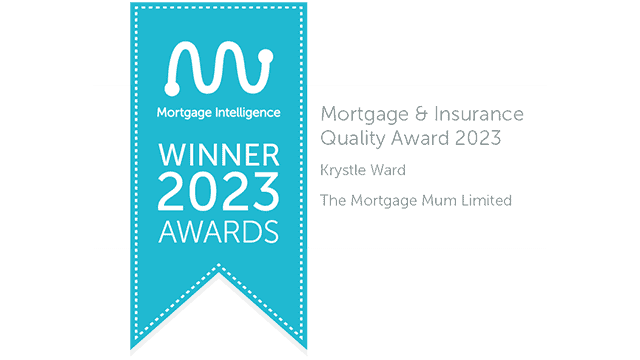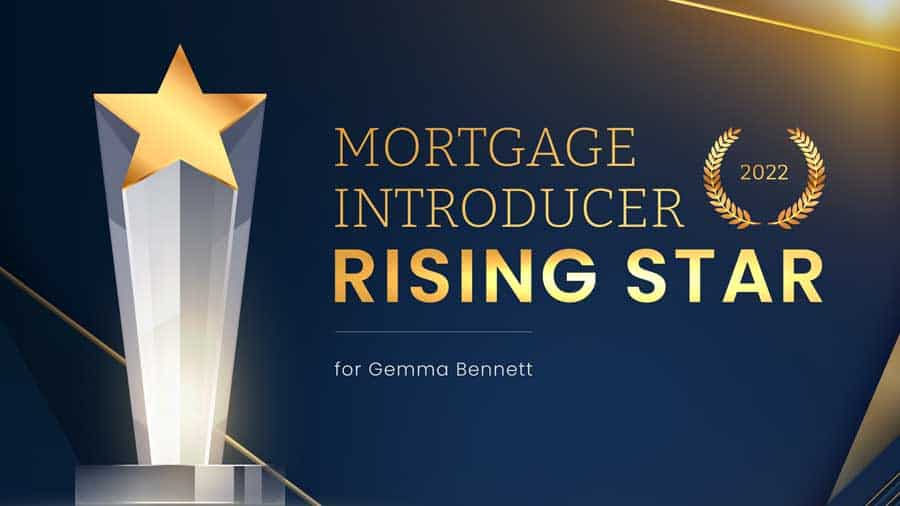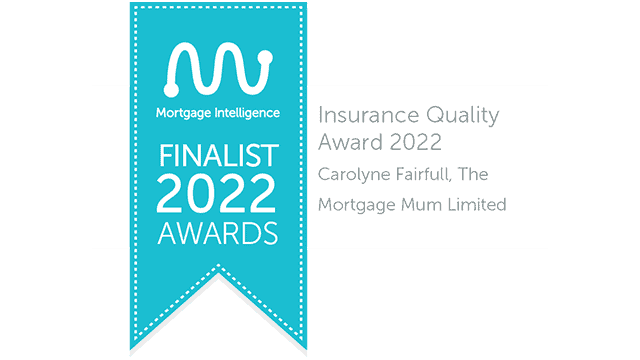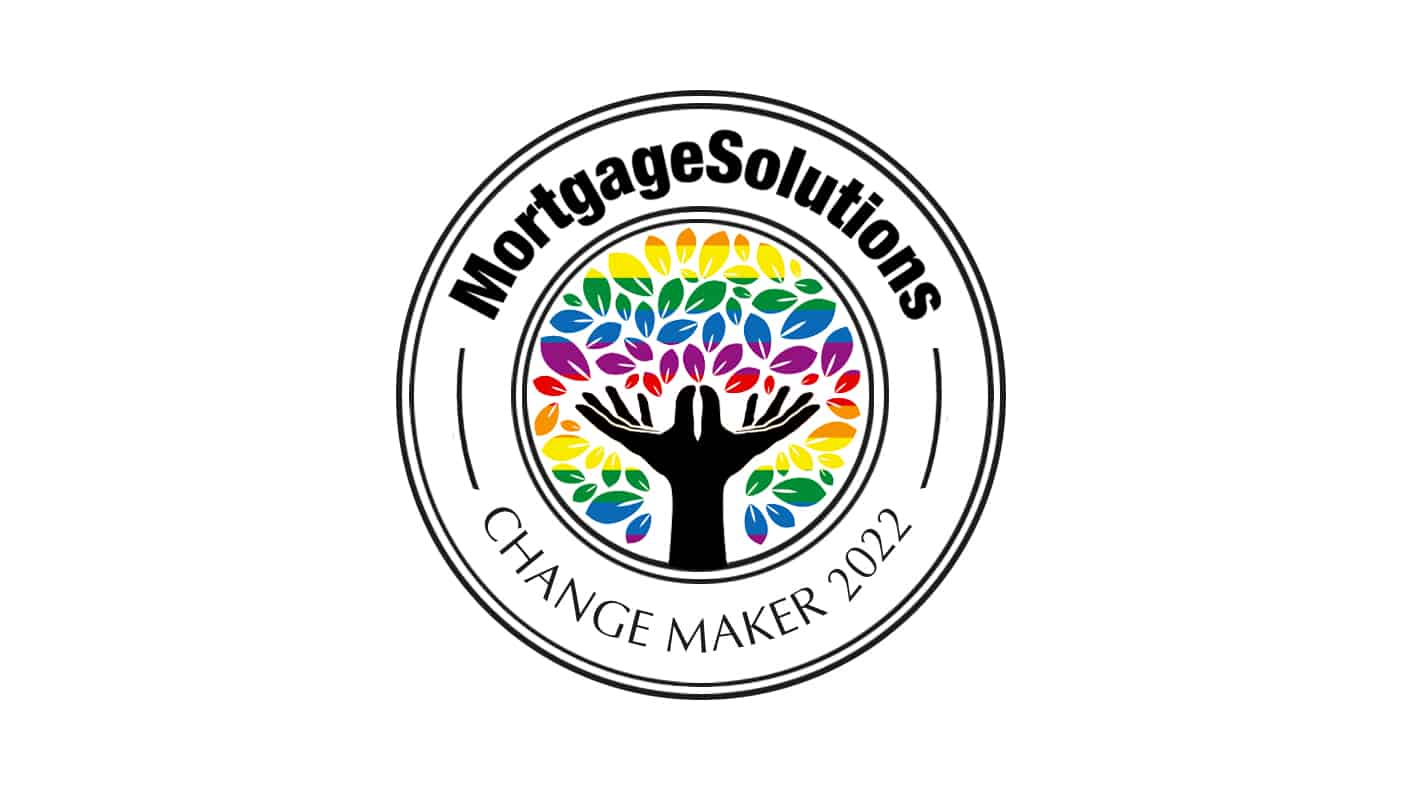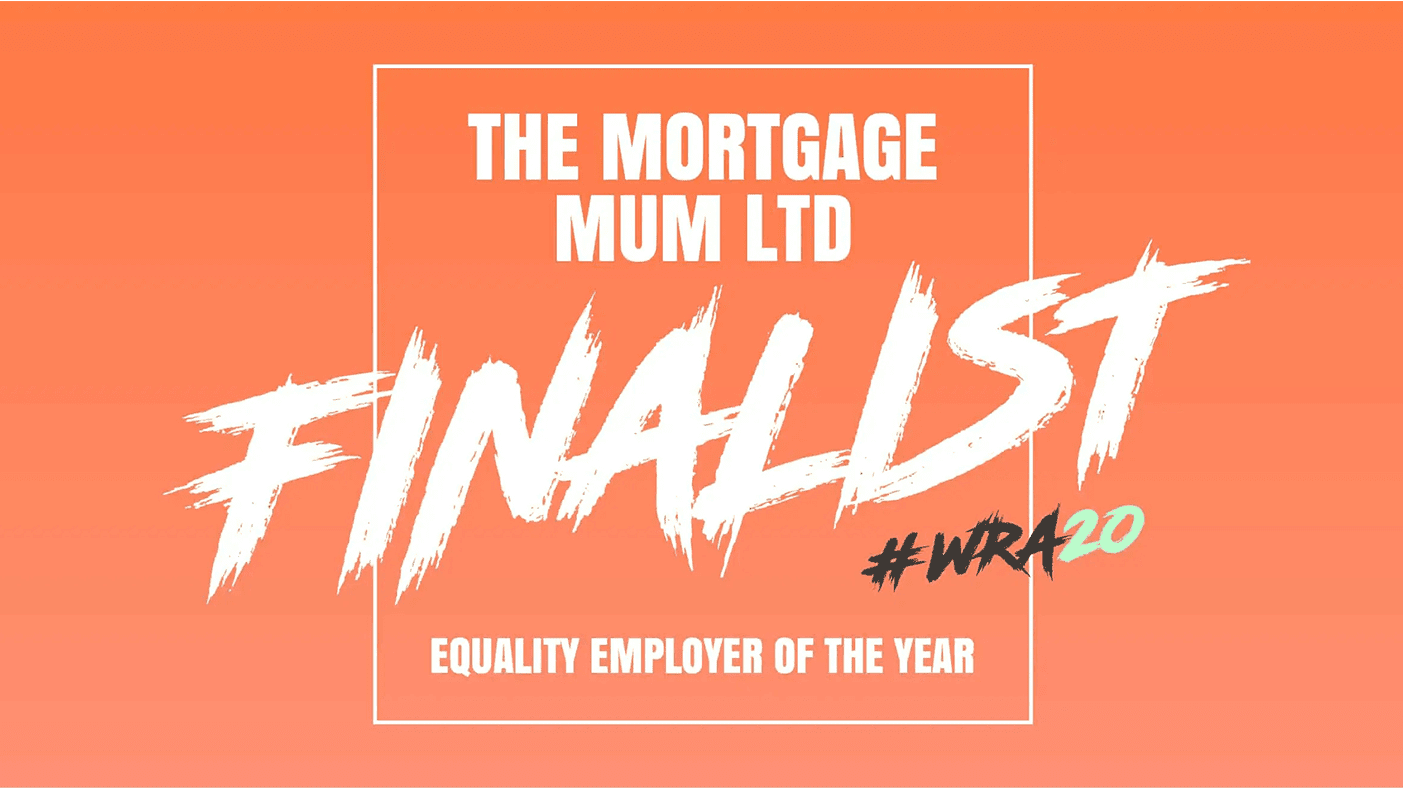What Can You Do In Today’s Mortgage Market?
Sarah Tucker explains all you need to know about the current mortgage market.
There’s so much going on in the press, I thought it would be useful to translate what’s happening so you feel more in control and empowered.
A crazy time for The Mortgage Mum
If you’ve been following us on social media in the last month, you’ll see that September and October have been incredible for the Mortgage Mum, yet it’s also been a very stressful time for the UK and, particularly, people looking for mortgages.
I’ve personally achieved a lifetime goal by going on This Morning as a mortgage expert and the team has been featured on Sky News, BBC News, ITV News, and the Jeremy Vine Show on Channel Five. We’ve been on podcasts and we’ve been all over the radio. Everyone stepped out of their comfort zones to provide reassurance and education to people.
The reason we were in the news so much in the last few weeks is because of the turbulence in the mortgage market.
A fast changing mortgage market
For quite a few months now, the mortgage market has seen increasing interest rates. To frame that, during COVID, interest rates were historically low. At one point we had a fixed rate at under 1%, which is unheard of. And the Bank of England continued to reduce the base rate every month for quite some time.
As mortgage brokers we knew these rates were not going to last and we certainly tried to spread that message to our clients – recommending that they fix their deals for five years or potentially even longer.
We always knew rate rises were coming, although the stamp duty holiday certainly delayed it. People had predicted a property crash for about two years, yet property prices continued to go up. They are still rising even in light of all the news in the last few weeks.
Since then we have seen interest rates steadily increasing. And what that’s meant is that mortgage rates were being pulled with very little notice. This has been happening since the summer. Brokers were being told at perhaps 4:00pm that by 10:00pm that night, rates would be going up by a significant amount. That meant that we had to rush things through for our clients.
Liz Truss and the mini-budget
Then, in the last few weeks the Bank of England increased the base rate again, reaching a new high at 2.25% and creating front page news. At the same time, Liz Trust became Prime Minister and released a mini budget with Kwasi Kwarteng.
This mini budget talked about tax cuts, stamp duty amendments and corporation tax increases being axed. The market reacted really negatively, because the tax cuts will put the country in more debt.
The value of the pound dropped significantly and something called swap rates, that we don’t talk about very often to our clients, increased dramatically in the space of two days. Swap rates are what the banks base their interest rates on. It’s about the exchange of money between them all.
To give you a bit of perspective, swap rates were 0.8% a year ago and after the mini budget they shot up to 5.8%. Lenders panicked and they pulled out of the market quite quickly. Not all of them, but a significant amount pulled out immediately. That created panic and fear because it seemed very familiar – it resembled the credit crunch in 2008. Back then, hundreds of mortgage products suddenly reduced to a handful.
Why mortgages disappeared from the market
What was really going on was that the lenders were trying to reprice their deals quickly. They knew they needed to increase interest rates to avoid making a loss on their lending. They didn’t necessarily have the infrastructure to do that quickly, and some wanted to wait and see if the market settled, which it did.
That’s why we were in the news so much. Everybody was asking why lending was stopping. Up to 1000 products were pulled in the space of a few days. Of course, lots of people were trying to get their remortgages done and interest rates had gone up from maybe 1% or 2% to 4% or 5%, which means a dramatic increase in monthly repayments.
What all this means for a First Time Buyer
People who are thinking about buying a home are understandably asking us whether now is the right time or whether they should wait.
Some people would say to you, don’t buy now, interest rates are rising and property prices haven’t come down yet. Some people might tell you that they think the property market is going to crash so you might buy a property at one price and it might be worth less within a year.
But what I would say to you is that buying a property is a long term investment. It really depends on how long you see yourself living in the property. But you should consider it a long term investment. The property market does cycle. It goes up, it goes down, interest rates change.
We’ve seen this purely in the last five to ten years. The Bank of England base rate adjusts and the market settles. It’s always evolving and changing. So whenever you buy a property, you have to be prepared for interest rates to go up. And you also could experience interest rates decreasing.
When I bought my first property, the credit crunch happened the following year and the value of our flat went down dramatically. Did it affect us? No, not really, because we kept that flat for long enough that it caught up with itself eventually. If we had bought it when it was at its cheapest and sold it when the property market went up, then of course we would have made some money. But it didn’t hurt us either. We were able to ride the storm.
If you’re thinking about buying property it is, of course, a personal decision. You will tend to have a gut feeling about what’s right for you. If you fall in love with a property, you can afford the mortgage and now is the right time for you to move, go for it.
But I would advise you not to try and hedge the market because it is so unpredictable. If you’re looking for an opportunity to make money fast, now certainly is not the right time. And if you’re looking at renovating a property and selling it, I wouldn’t necessarily recommend that now because the housing market is much slower than it was. People are more reluctant to buy and house prices could start to come down. Investment wise, you’ve also got to be looking at the longer term.
Implications for remortgaging
If your remortgage is coming up and you’re worrying about it, bear in mind that there’s a huge difference between it being annoying and it being unaffordable. Clearly the increasing cost of living going up is annoying – we all have to pay more for the same thing. But if it’s more than annoying and you’re not sure if you are going to keep up with your repayments, there are options.
Your number one priority is to keep on top of your mortgage repayments because the longer term impact of that is huge. If you get into defaults and arrears you become an ‘adverse case’ which will affect you for a long time in the future. So when your remortgage comes up, talk to your broker about ways to reduce that monthly payment. There are a few options:
- Changing the term of your mortgage and borrowing over a longer period. Clearly, the longer you pay, the more interest it will cost you. So it really does need to be necessary.
- Interest-only borrowing – although the criteria is strict. Not everybody can get it. You need to have enough equity and fit the requirements of the lender, and each one has a different set of rules. They may only let you do interest only for a portion of the mortgage with the rest on repayment. But that will significantly reduce your monthly payment because you’re only paying the interest accrued, you’re not chipping away at the balance at all.
Again it’s not something we’d like to recommend because we want you to be paying a mortgage off, but it could be a consideration for a short period of time with an ambition to get back on repayment at your next mortgage review.
- Releasing equity. I’ve talked about that on this podcast before for home improvements and for debt consolidation, but people release equity for all sorts of reasons. It could create a buffer so that you feel more at ease with what’s happening. You can, of course, make overpayments with most mortgage lenders, but do check the limits on that. You could potentially take some equity, save it, never use it and chip it off your mortgage on your next review, but it just perhaps gives you back a bit of control.
You’ll be paying for it every month, it’s not money for nothing, but it is something you can do to reduce the stress.
This is not traditional mortgage advice. We would always try to look for the most affordable way for you to pay your mortgage off as quickly as you can. But these are not normal times and my priority is making sure people keep up their payments and understand their options.
If you’ve got a remortgage coming up, be organised. Speak to a broker seven or eight months before. You can’t actually fix anything in advance until you hit that six month mark, but at least you’ll know where you stand and what rates are looking like. Some lenders will allow you to book a rate six months ahead of your current mortgage deal ending.
Remortgaging before rates rise further
Lots of people are asking me whether they should remortgage now before rates go up again, even if their deal isn’t ending yet. It’s a personal choice, but remember that there is a fee to come out of a fixed rate early. Just looking at that fee alone, will it be worthwhile? Is that the right thing for you to do, bearing in mind that your mortgage payments will also increase because rates have already gone up?
Instead, you could have a period of time where you can enjoy a lower fixed rate and make preparations for when you are no longer in that position. We don’t know how long it’s going to last, we don’t know when interest rates will settle. But they will. They’re not going to go back to COVID cheap rates – that’s not normal for the market, but certainly they have room to reduce somewhat from what we’re seeing at the moment.
Our hope is that things won’t continue rising. We’re already seeing that the market is settling since the U-turn on the mini budget. Lenders that previously withdrew have come back onto the market and we have even seen some lenders reducing rates for their existing customers, which is a really good sign.
We also know the government is meeting with banks to see what can be done. And because it is front page news, this is an important topic. So my message is watch this space, things are settled now. Get the right advice if you’re going to be affected by what’s happening, and feel free to ask questions, that’s what we’re here for.
How to get advice on your mortgage
We’re all on social media at the Mortgage Mum. We are open to questions, direct messages, asking questions via our stories. So I really hope you will reach out if you are worrying. It’s awful to worry about money and not know what to do. We’re all in the same position here, and the whole country is feeling the weight of this.
I’m sending you all my love and all my positivity and I will continue to share as much knowledge as I can on my own platforms and throughout the Mortgage Mum team to try to reassure you, empower you and give you the knowledge. It’s all about giving you back the power, especially when faced with scary headlines. Take care, and I’ll see you next month.
You may have to pay an early repayment charge to your existing lender if you remortgage.
Think carefully before securing other debts against your home. Your home may be repossessed if you do not keep up repayments on your mortgage.


































